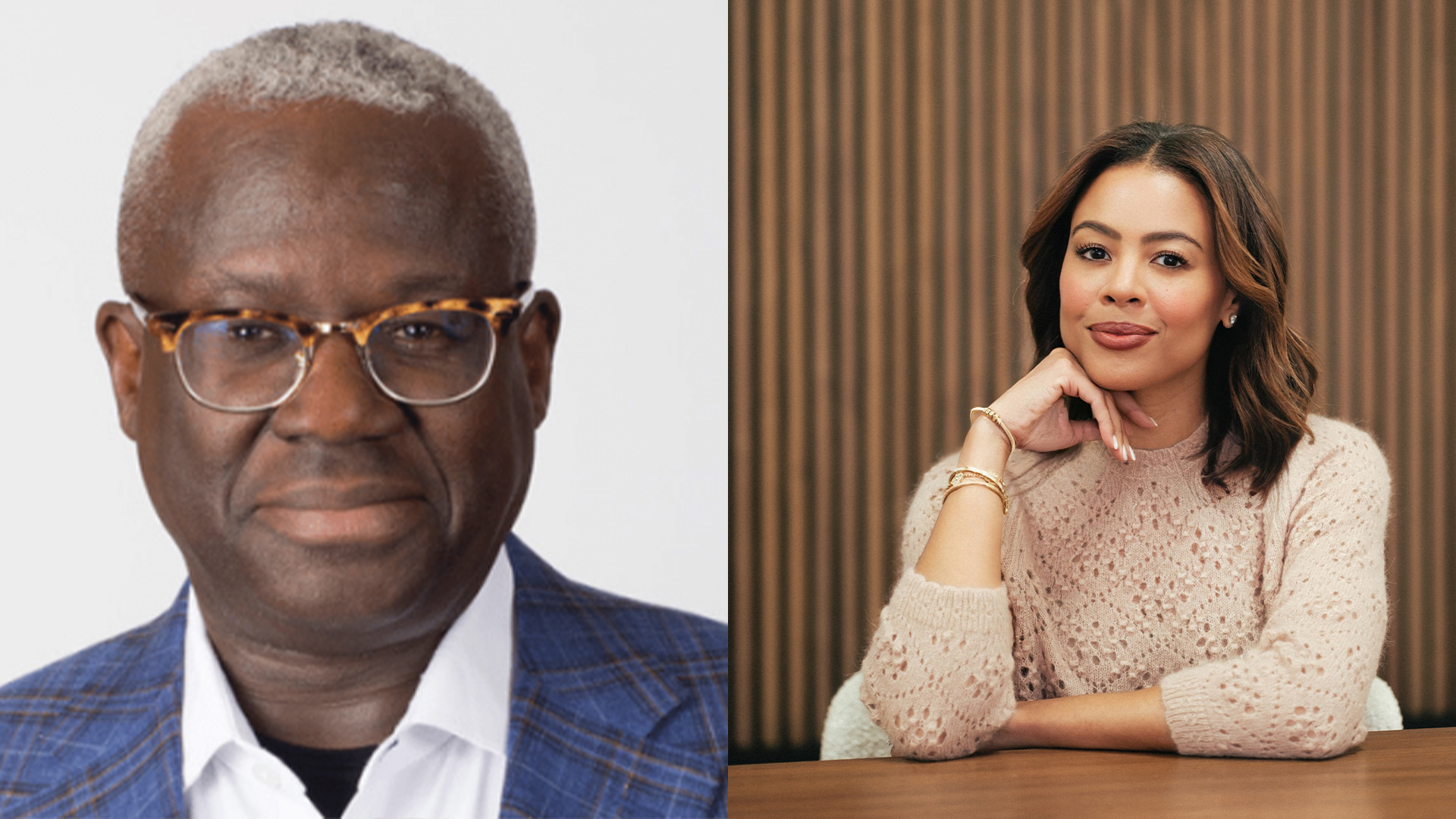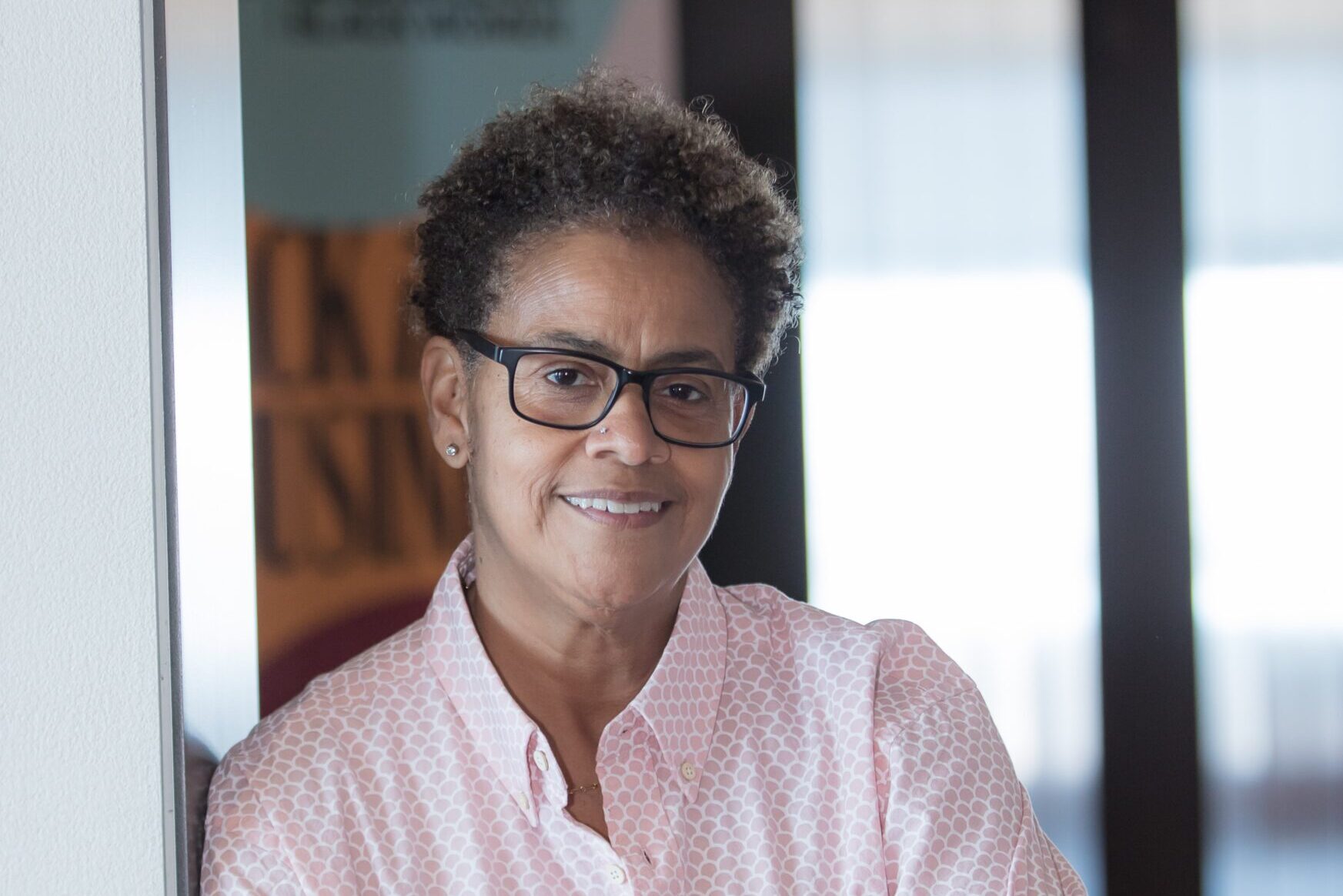Technology is a part of everyday life in the United States, but people aren’t always equipped to understand it’s impacts on society. There’s a lot of social implications behind the rising use of artificial intelligence, for example, or even social media.
In efforts to better equip students to start talking about these consequences, top universities from across the country have partnered together to launch the Public Interest Technology Universities Network, as reported by The New York Times.
The network aims to develop curriculum, research agendas, and experiential learning programs to train students so they better understand tech, according to a press release.
“We think about two halves of the pipeline,” Alexandra Givens, executive director of the Institute for Technology Law and Policy at Georgetown Law School, told The New York Times. “One is helping technologists think about the social, ethical, legal and policy implications of their work.”
This is important because it’s easy to make tech without fully considering the implications it’ll have once it’s released. Take self-driving cars, for example, whose existence now opens up a lot of questions about who is accountable when an accident occurs.
The network also addresses the importance of making sure people who aren’t in the tech field still know how to understand it.
“We spend a ton of time telling students: ‘If you care about civil rights in America today, or if you care about criminal justice reform, you have to understand technology and speak up about how technology is being deployed,'” Professor Givens told The New York Times.
The failure to train people on how to understand tech’s impacts on our daily lives can have big consequences.
In the United States, for example, Congress is often criticized for their inability to keep up with tech and is only now taking steps towards a federal data privacy law.
Knowing how to navigate tech is also increasingly important as big companies such as Facebook and Youtube come under fire for spreading vaccine misinformation and conspiracy theories.
Currently, the network is made up of 21 universities and colleges, including Arizona State University, the City University of New York, Harvard University, Howard University, M.I.T., Stanford University, and the University of California, Berkeley.
















